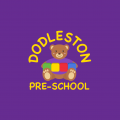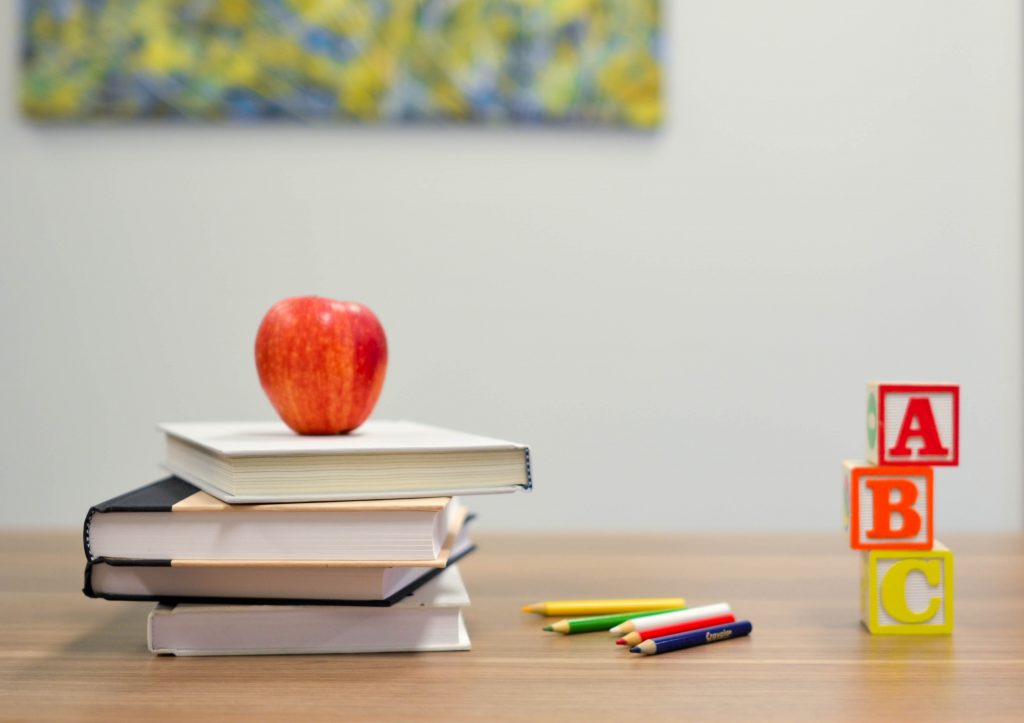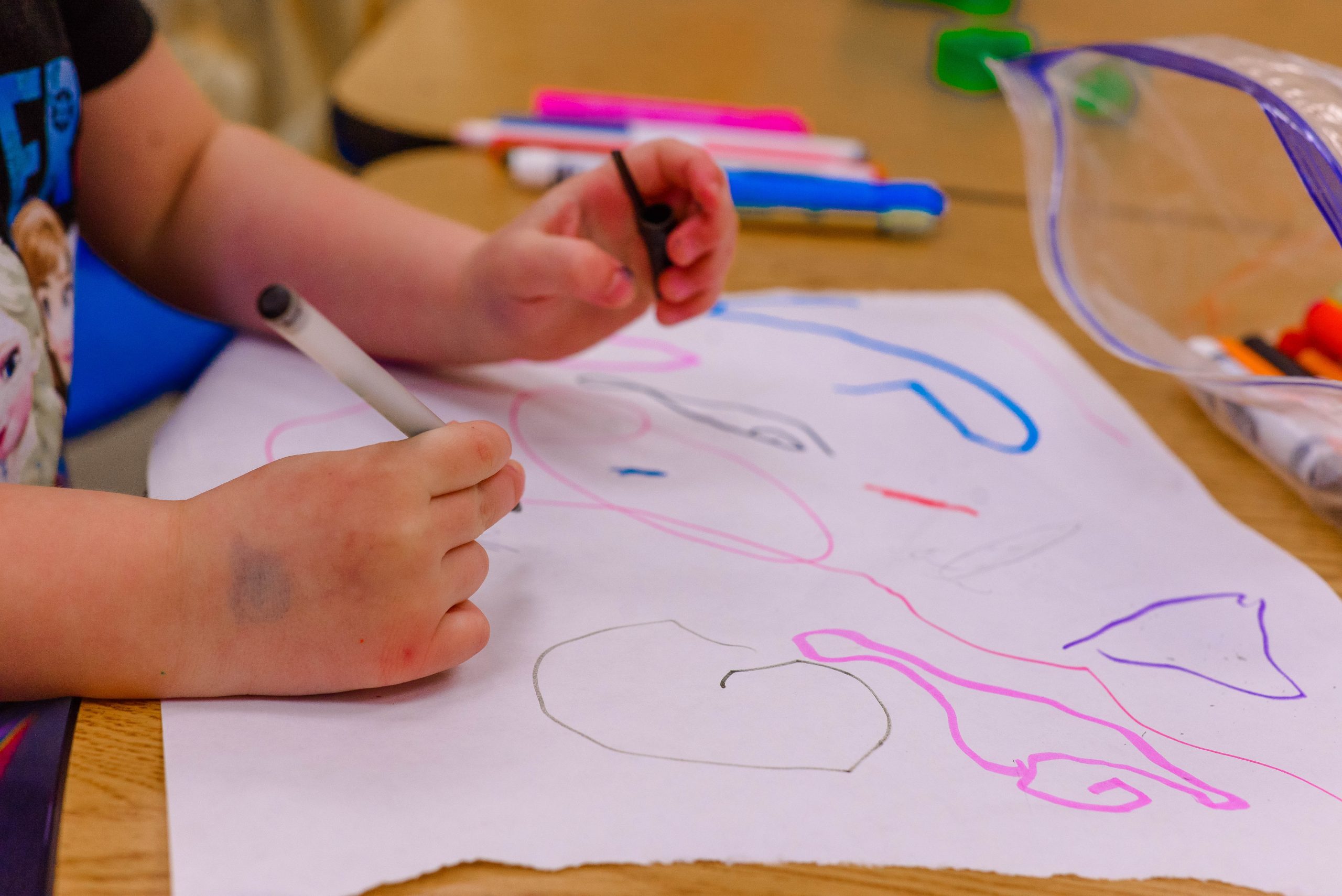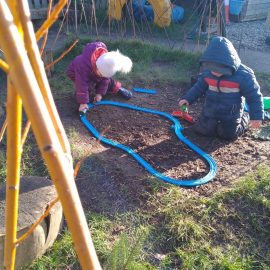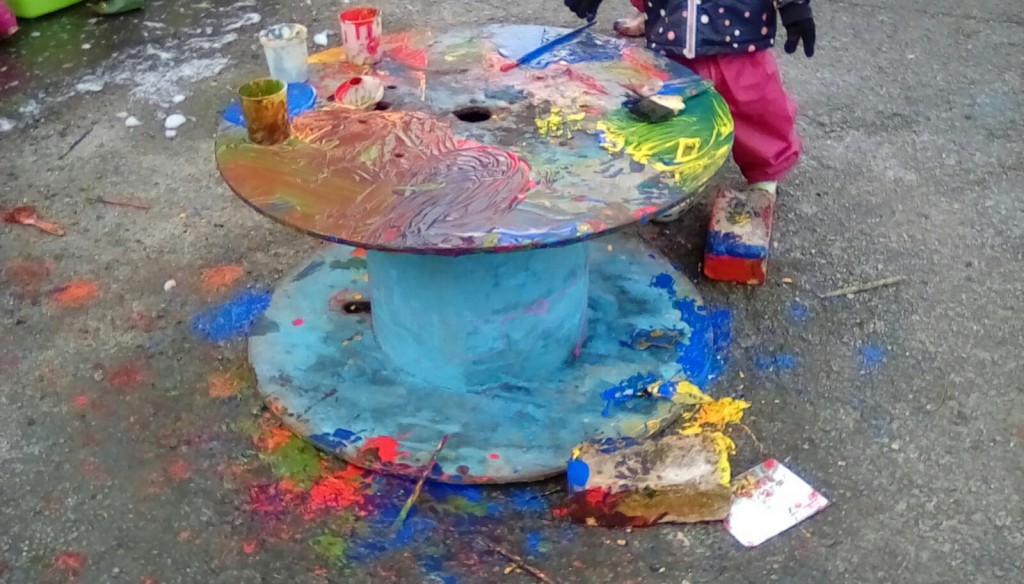The jump from pre-school (or no school) to primary school can feel like a big step. It is a significant milestone, especially for us as parents, and you want your children to feel ready and confident for the move.
While a pre-school environment can absolutely help with this, you may have other questions about whether your child is ready and what they might need to know ahead of reception. Below, you can find the answers to these questions as we shed light on what they might already know ahead of their first day.
What age do children go to school?
Children go to school when they are four going on five. This means if they turn four in November 2025, they would start primary school in September 2026. They would start school when they were four, but would be due to turn five within a month.
Once they are five, it becomes the law to attend school. This means you might be able to defer for one year, so they start school when they are going on six years old instead, but after this, they would need to be in full-time education.
Deferring by a year can sometimes be beneficial for children that were born later in the year, like in July or August, or if you feel they aren’t quite ready to go to school for whatever reason.
Can my child start school before they are five?
Early enrollment in primary school may be possible, but you’d need to have a conversation with the school about this. They might want to find out why you’d like your child to start early. If it’s because they’re developmentally advanced then they may consider it, but they may decline other reasons. It also depends on how much space they have available in their reception class.
If you think your child is ready to learn more, you could always enrol them in a local pre-school instead. These kinds of environments can be so beneficial for your child, and can encourage learning or offer educational play sessions.
What should my child know before they start school?
There are a few basics that your child might need to know before they start school. These include:
Dressing and feeding themselves
It’s really helpful for the teachers if your child is able to dress and feed themselves independently. They should be able to use cutlery for their hot school dinners, and be able to put on their shoes or do up their coat. When they can do these things on their own, they’re helping their teachers out.
Communicating with other children and adults
Communication is so important for children. It allows them to interact and play with other kids but also to tell an adult what they want or need.
School will help your child to develop basic conversational skills, but if they attend a pre-school, this skill could be picked up even sooner. Conversation involves both listening and speaking, and this is essential for effective communication.
Communication can also involve sharing or taking turns. This can typically only be learned when your child is around other children a lot, either in a nursery setting or at home with their siblings. It’s a valuable skill for adjusting to the dynamics in a primary school.
Understanding shapes/colours/words
While your child will learn these sorts of things at school, there’s no harm in giving them a head start.
It’s really helpful for the teachers if they’re able to follow simple instructions. These might be:
- “Wash your hands”
- “Put the crayons away”
- “Sit on the floor”
- “Choose a book”
- Etc.
They may also be able to pair objects, identify certain patterns, shapes and colours, understand parts of the alphabet, and count to 20. It’s not essential that they do all these things, but it could make the transition to primary school a bit easier.
They may also be able to identify some sight words. These are words that don’t need to be spelled out phonetically because they look like they sound: “Is”, “Me”, “It”, etc.
Expressing themselves
Expression is certainly something children can struggle with. It’s why toddlers often throw tantrums – they get frustrated when they can’t communicate what they want and it’s an outlet for their feelings.
But being able to tell a teacher when they’re hungry or thirsty, hot or cold, can be massively helpful. It will likely make their school experience a little easier at the start too.
Don’t worry if your child isn’t able to do most or all of this list yet. Children going to school can vary, in both age and development. If you want your child to know some of these things before going to school, sending them to a pre-school could help. You can also play educational games at home to get them used to the alphabet and counting.

